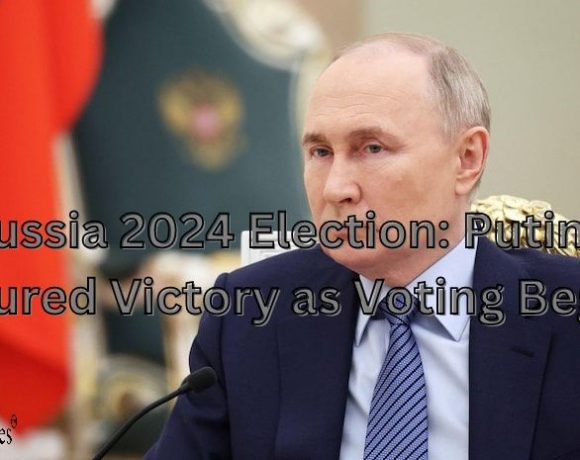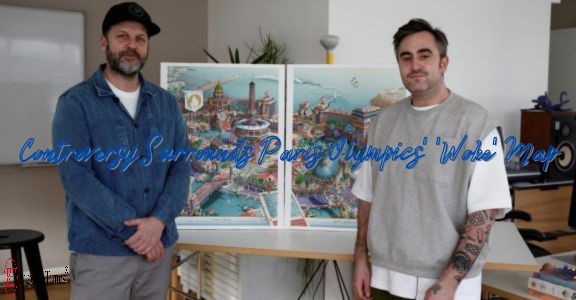
Voting has commenced in Russia’s presidential election, with Vladimir Putin poised to secure another six-year term in office without any significant opposition. The election spans three days, from the Kamchatka Peninsula to the Kaliningrad exclave, though the outcome is a foregone conclusion due to the absence of credible challengers.
Putin’s decision to run for a fifth term was portrayed as spontaneous, yet the Kremlin’s media apparatus swiftly mobilized to bolster his candidacy, portraying him as an indispensable national leader. Having already held power longer than any Russian leader since Stalin, Putin maneuvered to reset term limits, allowing him to potentially extend his rule until 2030.
Despite efforts to maintain a facade of legitimacy, the electoral process lacks genuine competition. Turnout is emphasized to showcase Putin’s popular support, though previous elections have been marred by irregularities. The limited opposition candidates on the ballot pose no real threat to Putin’s reign.
Televised debates excluded Putin, who instead engaged in choreographed interactions with various groups to bolster his image as a man of the people. His recent state-of-the-nation address primarily addressed domestic concerns, signaling awareness of pressing issues like poverty and healthcare failures, which remain unsolved despite his lengthy tenure.
The election, expected to be neither free nor fair, underscores Putin’s enduring dominance. The only notable challenge comes from Yulia Navalnaya, widow of Kremlin critic Alexei Navalny, who has urged supporters to demonstrate their presence at polling stations, although the impact is largely symbolic.
Ultimately, Putin’s victory is inevitable, and the illusion of democracy will persist for another six years.
Picture Courtesy: Google/images are subject to copyright

